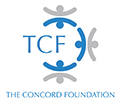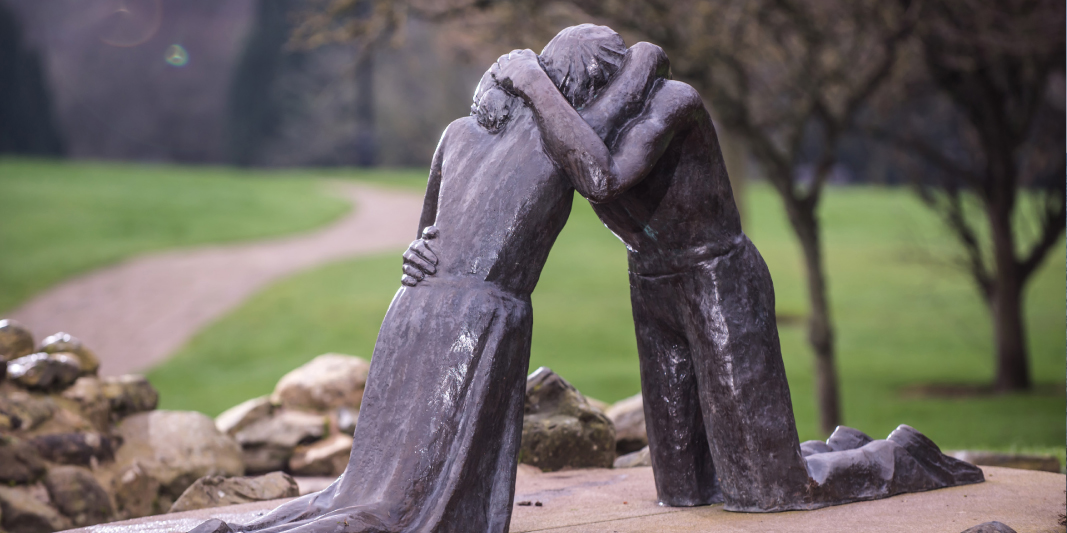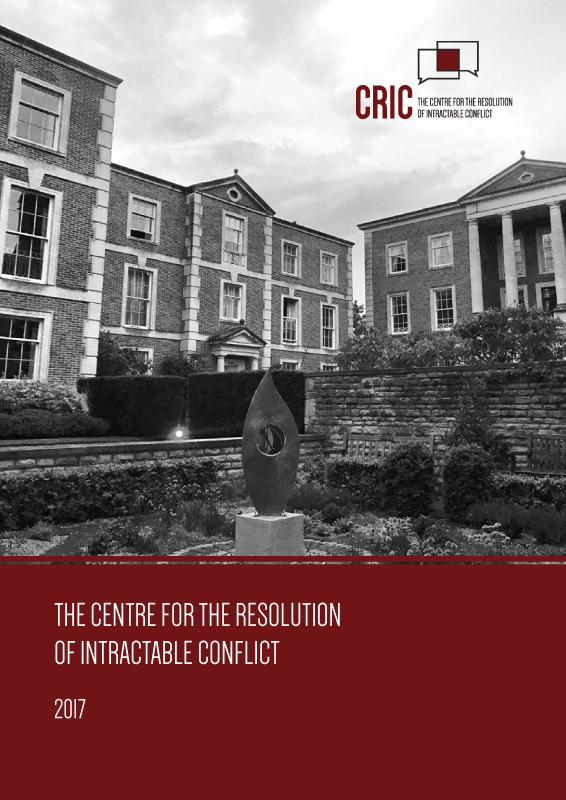Conflict, complexity and cooperation
Most people who grew up in Europe and the United States of America in the last two generations were used to a post-war world on a fairly continuous trajectory of economic development, political stability and physical security.
With the end of the Cold War and the fall of the Berlin Wall they were joined by an increasing number of other states in the old Soviet bloc, South Asia and Latin America, which were also becoming more democratic, stable, prosperous, peaceful, and relatively free. It seemed that we might be moving into a new era characterised by the more rational, stable and peaceful conduct of global affairs, and with people protected by the adoption and implementation of human rights instruments, not only in civil and political matters but also in social and economic development.
It was therefore a profound shock for many people to see all of this change in recent years with the rise of transnational terrorism, religious fundamentalism, extreme nationalism and a slide into deepening divisions and violent political conflict across the globe. As a result, questions about what creates and sustains intractable violent conflict and how it may be possible to find ways out of it, have not been so relevant in our life-time.
After the watershed 9/11 attacks in the USA, the World Federation of Scientists established a Permanent Monitoring Panel on Terrorism to explore the application of the physical and social sciences to both the motivation for, and the mitigation of, this new global threat. Out of these meetings grew an initiative to establish a centre that would draw together international expertise. The welcome and the warm, supportive attitude of the Principal and staff of Harris Manchester College, Oxford, along with the University of Oxford’s long-standing concentration of top class researchers and teachers as well as its global accessibility, saw the establishment of the Centre for the Resolution of Intractable Conflict at the College in December 2013.
Within the University of Oxford, CRIC is a partner of the Centre for International Studies in the Department of Politics and International Relations and has a special relationship with the School of Anthropology and Museum Ethnology, through the appointments of its four Founding Fellows. Scott Atran, Richard Davis and John Alderdice are Research Associates of the School and Professor Harvey Whitehouse is the Director of its Institute of Cognitive and Evolutionary Anthropology.
Our work has already demonstrated why some of the old linear approaches to conflict have been unsuccessful both as explanations and as a guide to interventions. More importantly, through engagement and research we have been able to develop new evidence-based analyses which not only better address the complexity of the issues concerned, but show how genuine cooperation and progress in the resolution of some of these intractable conflicts is possible.
Beyond Oxford, CRIC now has a world-wide network of colleagues who work in other academic institutions and on the ground in areas of conflict. We come together in September each year at Harris Manchester College to exchange findings, develop projects and learn from each other’s work, and we keep in contact throughout the year in meetings at the College and elsewhere and through electronic communications.
The College has been generous with support of all kinds, but the further development of CRIC will require more funding and Michael Cowan has been appointed to the Board of the Centre as Stewardship Director to undertake responsibility for this very necessary task.
In these difficult and uncertain times I think that you will be encouraged by what it has already been possible to achieve in CRIC, and I and my colleagues will be happy to give you further information both about what we have been doing and what we are planning for the future.
THE WORK OF CRIC ADDRESSES FIVE MAIN QUESTIONS.
- Why do people and communities become involved in violent conflict, especially if it does not result in better social and economic circumstances?
- Why and under what circumstances do some violent community conflicts persist and defy resolution for long periods?
- How and why can some apparently intractable conflicts subsequently find resolution?
- What are the challenges of creating, conducting and completing such resolution processes?
- What can we learn from research, evidence-gathering and engagement in such situations of intractable conflict?



